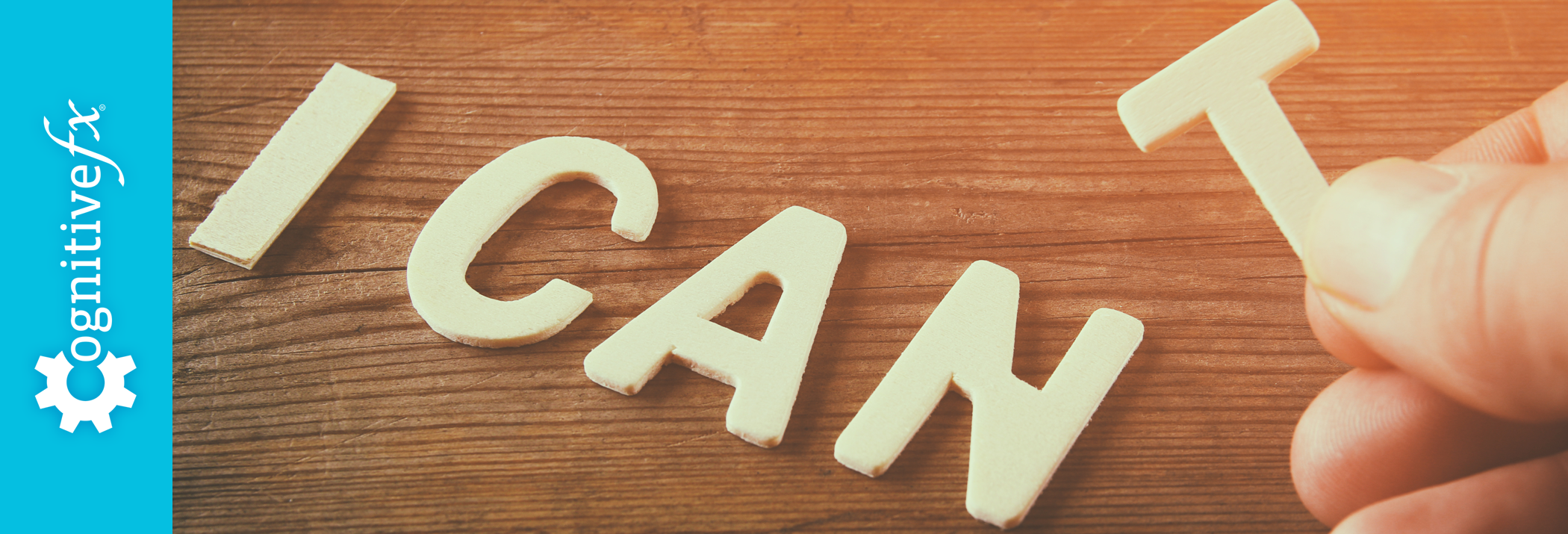Barbara Fredrickson, a psychology researcher at the University of North Carolina, conducted a study about the ways positive thinking affects us. She is quantifying positivity with emotions and life impact using a positive outlook.
Power of Negativity
The results of the study showed that as individuals associate something with negative emotions or attitudes, they tend to obsess over it, metaphorically put on blinders, limiting opportunity and possibility to change one’s situation. Sight is significantly narrowed and limited to what is only directly in front of us.
Power of Positivity
Positive thinking broadens our view of the world around us. Fredrickson's research showed four groups of people different images to bring up a variety of emotions including negative, neutral, and positive emotions. Each participant was then asked to write down things they would like to do. The groups who felt emotions such as fear or anger wrote down the fewest responses, while those in the groups who felt contentment or joy were able to produce significantly longer lists, thus proving that positivity can, in fact, open up and broaden a sense of possibility and opportunity in our own world.
Why positive thinking matters?
Life is hard, and we get discouraged. One second, we are standing on firm ground, and the next, it can feel as though that ground has come out from under us. By simply changing our perspective, from the negative to positive, we can change our lives. So if we are down, how do we get back up?
Turning Negativity into Positivity
1- Forgive yourself.
The past is in the past, and every step you take moves you farther away from it. Put all of your hurt in a box, leave it on the side of the road, drive away, and forget the road. It is ok to let things go nad move forward, particularly things you may not have control over.
2- Celebrate the little victories.
Spencer Johnson said, “noticing small changes early helps you adapt to the bigger changes that are to come.” Even if that little victory is getting out of bed or going for a walk, it is effort, and no amount of effort is a waste. You made it through today, and that’s a big deal.
3- Have courage.
Recovery and even normal life can seem overwhelming and impossible, but don’t forget that you have the power to move mountains, even if it’s just one shovelful at a time.
4- Be willing to work.
It is going to be hard; there is no avoiding difficulty, as we begin to work and recognize our work then things we are doing will begin to change our lives. It may not be a big difference at first but little by little, it will eventually make a big difference.
5- Believe in yourself.
You have come so far, far; you are worth the work. Remember who you are, and remember that your track record for making it through bad days is 100% so far. So you don’t have to give up or throw in the towel if you have a bad day. The good news is you can
6- Be patient.
You probably won’t have everything together again right away, and it might take a little time. Persevere, keep moving forward, even if you can’t see change in yourself just yet. You will.
7- Practice and cultivate gratitude.
When we focus on our blessings it is much easier to see the good in ourselves and around us. Having gratitude can inspire us to create and enjoy all the good things surrounding us each day. Find more ways to cultivate gratitude here.
Here at Cognitive FX, we understand the importance of positive thinking during treatment, as well as in life, and we know that life can be tough, but so can you. Never underestimate the power of resilience, and your desire to keep making life better.








